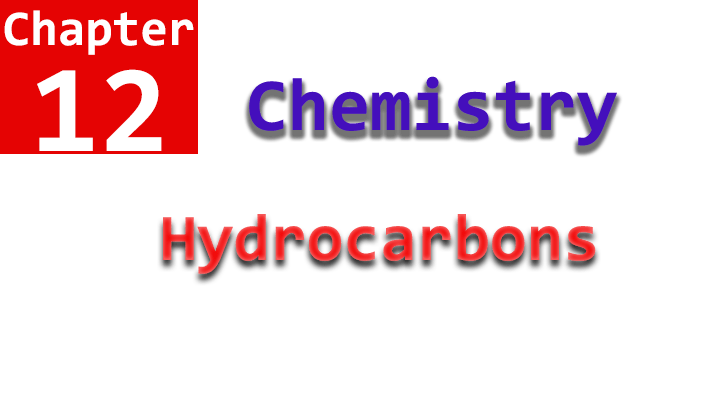Notes of 10th Chemistry Chapter No. 12 Hydrocarbons, All Long Questions, Short Questions and MCQ’s.
In Unit No. 12 of the 10th-grade Chemistry curriculum, students will delve into the fascinating world of hydrocarbons. Hydrocarbons are organic compounds composed of carbon and hydrogen atoms and form the backbone of organic chemistry. Throughout this unit, students will explore the diverse properties and nomenclature of hydrocarbons, as well as their various preparation methods and reactions.
Long Questions of Chapter No. 12
Short Questions of Chapter No. 12
MCQ’s of Chapter No. 12
- 10th Class Pak Study Textbook
- 9th and 10th Class General Science Textbook
- Chapter No. 9 Notes 10th Chemistry
- Biology 10th Class Past Papers
- English Past Papers of 10th Class
The learning outcomes for this unit are carefully designed to enable students to grasp the fundamental concepts and principles related to hydrocarbons. These outcomes range from understanding the necessity of a systematic naming system for chemical compounds to distinguishing between saturated and unsaturated hydrocarbons.
Students will gain proficiency in naming alkanes up to decane, drawing electron cross and dot structures for simple alkanes, and writing chemical equations to depict the preparation of alkanes, alkenes, and alkynes through various reactions.
The unit also includes understanding the structural formulae of alkanes, alkenes, and alkynes up to five carbon atoms and writing chemical equations to illustrate the preparation of alkenes and alkynes through dehydration and dehalogenation reactions, respectively.
Moreover, students will be introduced to the halogenation reactions for alkanes, alkenes, and alkynes, and they will also learn about the reaction of KMnO4 with alkenes and alkynes.
By the end of this unit, students will have acquired a strong foundation in hydrocarbons and will be able to apply their knowledge in analyzing, understanding, and remembering the various concepts, reactions, and nomenclature associated with hydrocarbons.
This unit is crucial for students’ further understanding of organic chemistry and sets the stage for more advanced topics in the field. The practical applications of hydrocarbons in daily life, industry, and environmental contexts will become apparent as students progress through the learning outcomes of this unit.

